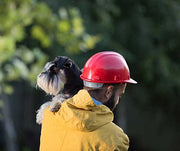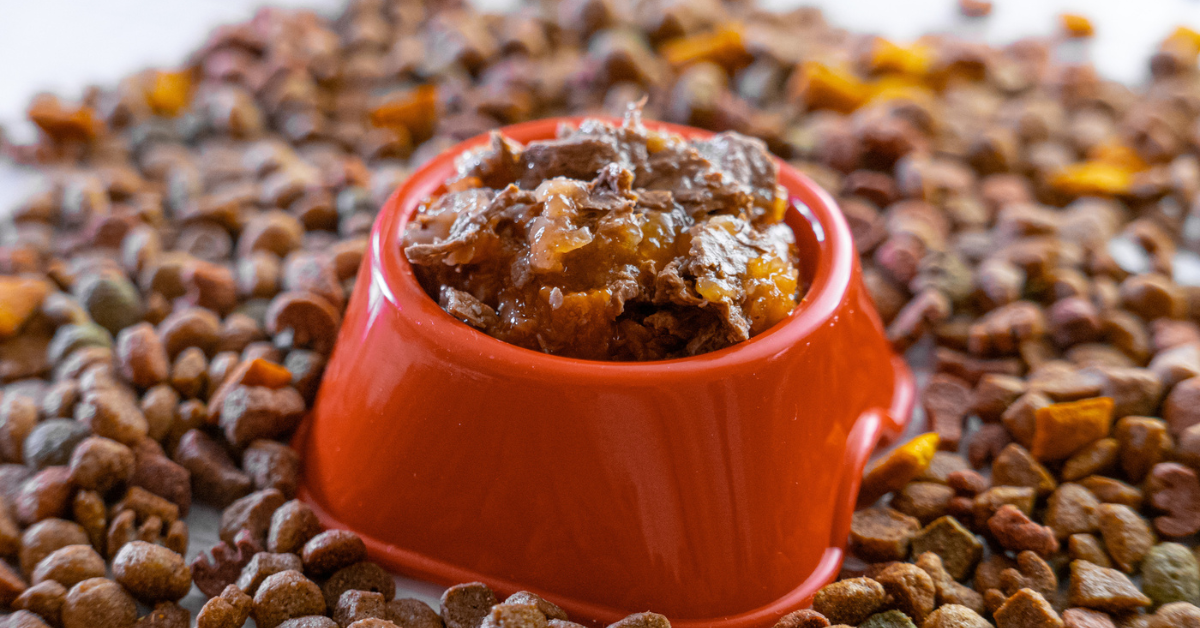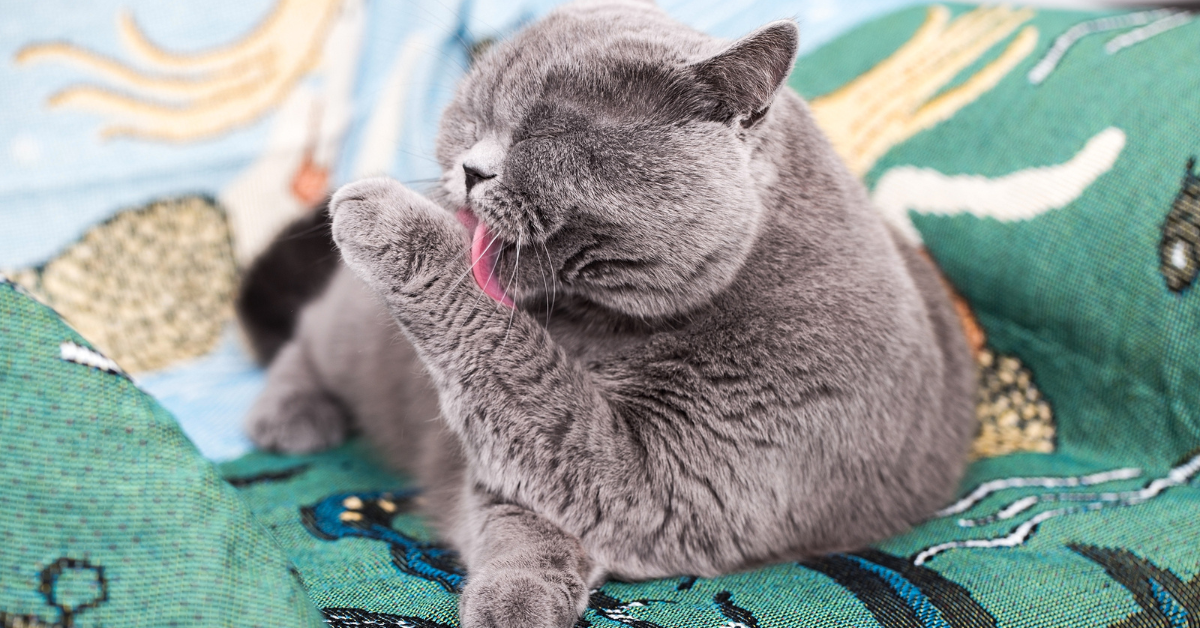The Do's and Don'ts of Homemade Dog Food

Knowing which types of food to feed your beloved pooch can be confusing. From the ever-increasing amount of dog food varieties on the shelf to what seems like recall after recall, navigating proper and safe nutrition can seem incredibly tricky. In the midst of all this, you might be wondering if it's best to start cooking for your dog.
While feeding your dog a homemade diet is certainly possible, this method of feeding has its own sets of challenges, advantages, and disadvantages. Making your own dog food and ensuring it is nutritionally complete is easier said than done, but if it's something you're wanting to try, there is a way to do it.
Keep reading below for an overview of homemade dog food diets, nutritional requirements, and more.
Should You Cook For Your Dog?
At first thought, the idea of cooking for your dog might sound interesting, and perhaps even fun, especially if you're already an avid cook. But it's not a decision you should take lightly. If you're serious about starting a homemade dog food diet, evaluate your reasons for doing so first.
You've probably been told that homemade food is "better" than commercial dog food, and while that can be true in some cases, scientifically, there is no evidence to support this. While you certainly have reason to question the pet food industry at times, giving in to fear-mongering isn't an effective solution.
Myths about ingredient quality in commercial dog food often scare concerned pet parents away from an otherwise nutritionally balanced meal. While commercial dog foods, especially kibble, can be highly processed and quite monotonous for your dog to eat day after day, they're made to be nutritionally complete, meaning it meets all of your dog's nutritional requirements.
With all of this in mind, there are benefits to feeding your dog home-cooked food. Diets built on whole food ingredients are better in the long run and preparing your own dog food is one way to ensure your dog is fed a variety of whole foods. However, it's important to remember that the dog food you whip up is only as nutritional as you make it to be. In certain cases, some dogs might even fare better on home-cooked food, such as extremely picky eaters or dogs with food intolerances.
Things to Consider

With the loving and spoiling your dog already gets, cooking their food for them might not seem like a big deal. But cooking for your dog isn't as simple as whipping up an extra serving of whatever's already on the menu. Before switching over to a homemade dog food diet, be sure to speak with your veterinarian to address any specific needs your dog may have and take the following points into consideration.
A Dog's Nutritional Needs
You're most likely familiar with your own nutritional needs as a human, but are you familiar with a dog's? Whenever your cook for your dog, you need to make sure that each meal is nutritionally balanced to your pet's individual needs. If you have more than one dog, this may mean having to cook different recipes for different dogs.
Dogs require about 40 essential nutrients, and when provided in inadequate amounts, these nutrient deficiencies or excesses can lead to illness. If you're not ready to pay very close attention to the amount of proteins, fats, vitamins, and minerals provided in your recipes, you're not ready for the responsibility of making your own dog food.
Avoid Unsafe and Unhealthy Ingredients
Just because something is edible for human consumption, doesn't mean it's edible for dogs. You likely already know that chocolate, grapes, garlic, onions, and raisins are off-limits to dogs, but the list doesn't stop there. Foods such as macadamia nuts and artificial sweeteners such as xylitol can be harmful to dogs as well.
The list of foods that is unsafe for dogs can get quite extensive, so be sure to reference it often. If you're ever unsure about an ingredient, research it first, or even better, ask your veterinarian.
Get Recipes From Trusted Sources
When cooking for a dog, it's important to follow the guidance of a licensed veterinarian. Try to stay away from generic cookbooks and avoid diving headfirst into recipes you've googled without performing a "background check" on the source.
Many recipes online have not been vetted for balanced nutrition and may have been created by someone without proper training. Additionally, some "natural" websites may have a hidden agenda to sell their own products that they claim are "superior" to commercial options.
BalanceIT is a helpful tool fun by a board-certified veterinary nutritionist that can come in handy when creating a balanced diet for your dog.
It Takes Time
Making the switch to homemade food takes time, in more ways than one.
It's often difficult enough to find the time to cook for yourself and your human family, let alone your four-legged friend. Preparing a big batch for the week and refrigerating or freezing individual portions can help save some time.
Additionally, it will most likely take some time for your dog to adjust to its new diet. A complete switchover to home-cooked food from commercial dog food can be an invitation for a number of gastrointestinal problems. Make the transition slowly and be on the lookout for any changes in your dog. If your dog is experiencing a decreased appetite, nausea, or diarrhea, talk to your veterinarian.
Sources:
Previous article

Related posts
View all-

5 Simple Tips to Make Sure Your Cat Drinks Enough Water
Ensuring your cat stays hydrated is important, but it can be challenging since many cats don't drink enough water. Dehydration can lead to kidney disease and other health issues. Fortunately, you can encourage your cat to drink more with a few simple changes. Read Article -

How to Keep Your Cat Busy at Night (So You Can Sleep)
For many cat owners, the quest for a good night's sleep while keeping their feline friends content and engaged can seem like a never-ending battle. Cats, naturally more active at night or early in the morning, often disrupt your sleep schedules with nocturnal activity, whether through playful nature or seeking attention. Read Article -

Should You Bathe Your Cat? Everything You Need to Know About Cat Hygiene
When it comes to cat hygiene, a common question among cat owners is, "Should you bathe your cat?" Understanding how to care for felines, especially bathing cats properly, is crucial for maintaining their overall health. Most cats are fastidious groomers, but specific scenarios like long-haired cats getting dirty or skin irritations, might require a bath.
Read Article




